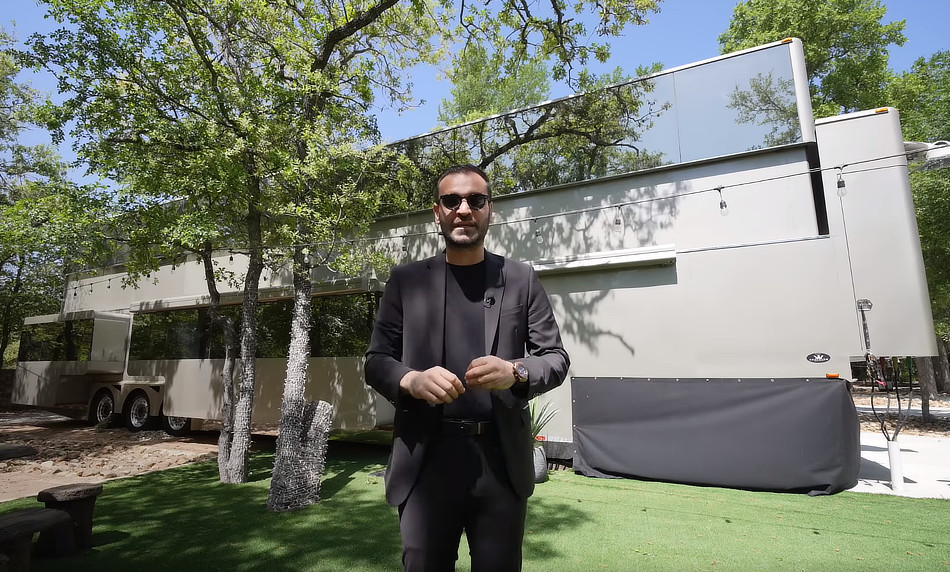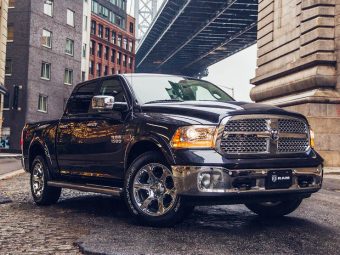The idea of trading in a traditional brick-and-mortar home for life on the road in a motorhome has gained popularity in recent years. Many people are drawn to the freedom and adventure that comes with living in a motorhome, but a pressing question remains: Is it more affordable to live in a motorhome than a house? In this article, we’ll explore the cost aspects of both lifestyles, providing examples and shedding light on motorhome insurance versus home insurance.
The Cost of Motorhome Living
Initial Investment:
Let’s start with the initial costs. Purchasing a motorhome can be a significant expense. New motorhomes can range from $50,000 to well over $200,000 or more, depending on size, amenities, and brand. However, used motorhomes can be more affordable, with prices ranging from $10,000 to $100,000. In contrast, a traditional house’s initial cost varies greatly based on location, size, and condition but can often be much higher.
Monthly Expenses:
Motorhome living typically comes with lower monthly expenses than owning a house. Here are some examples:

Campground fees: Monthly campground fees can vary widely but often range from $400 to $1,000, depending on location and amenities.
Fuel and maintenance: While driving your motorhome, you’ll incur fuel and maintenance costs. These can be significant if you’re constantly on the move but are lower when you stay in one place for extended periods.
Utilities: Most motorhomes have self-contained systems for water, electricity, and sewage, reducing utility bills.
Insurance: We’ll delve into this in more detail later.
Repairs and Depreciation:
Motorhomes, like any vehicle, require occasional repairs and maintenance. Additionally, they depreciate in value over time, although this depreciation is generally slower than that of a traditional house.
The Cost of Traditional Home Living
Initial Investment:
Purchasing a house is a major financial commitment. The cost varies significantly depending on location, size, and condition. For example, a small suburban home might cost $150,000, while a luxurious city penthouse can run into the millions.

Monthly Expenses:
Owning a house comes with various monthly expenses, including:
Mortgage or rent: Monthly mortgage payments can range from a few hundred dollars to several thousand, depending on the property.
Property taxes: Property taxes can add a significant monthly expense.
Utilities: Homeowners typically pay for water, electricity, and sewage separately.
Maintenance: Houses require ongoing maintenance, which can be costly, especially for older properties.
Motorhome Insurance vs. Home Insurance
Now, let’s compare motorhome insurance to home insurance:
Motorhome Insurance:
Motorhome insurance covers the vehicle itself, liability in case of accidents, and often personal belongings. The cost varies depending on factors like the motorhome’s value, location, and your driving history. On average, motorhome insurance can range from $1,000 to $4,000 per year.

Home Insurance:
Home insurance covers your house and personal property, as well as liability coverage. The cost depends on factors like location, home value, and coverage level. On average, home insurance in the United States costs around $1,200 per year.
It’s important to note that while motorhome insurance may seem higher, it often includes coverage for both the vehicle and living space, whereas home insurance primarily covers the structure itself.
Conclusion
So, is it more affordable to live in a motorhome than a house? It depends on your lifestyle, preferences, and financial situation. While motorhome living may offer lower monthly expenses, it comes with the initial cost of purchasing the motorhome and potential fuel and maintenance expenses. Traditional homeownership involves higher upfront costs but may have more predictable monthly expenses.
Ultimately, the choice between a motorhome and a house should align with your unique lifestyle and financial goals. Whether you opt for a nomadic adventure in a motorhome or the stability of a traditional home, it’s essential to consider all financial aspects, including insurance, before making your decision.








